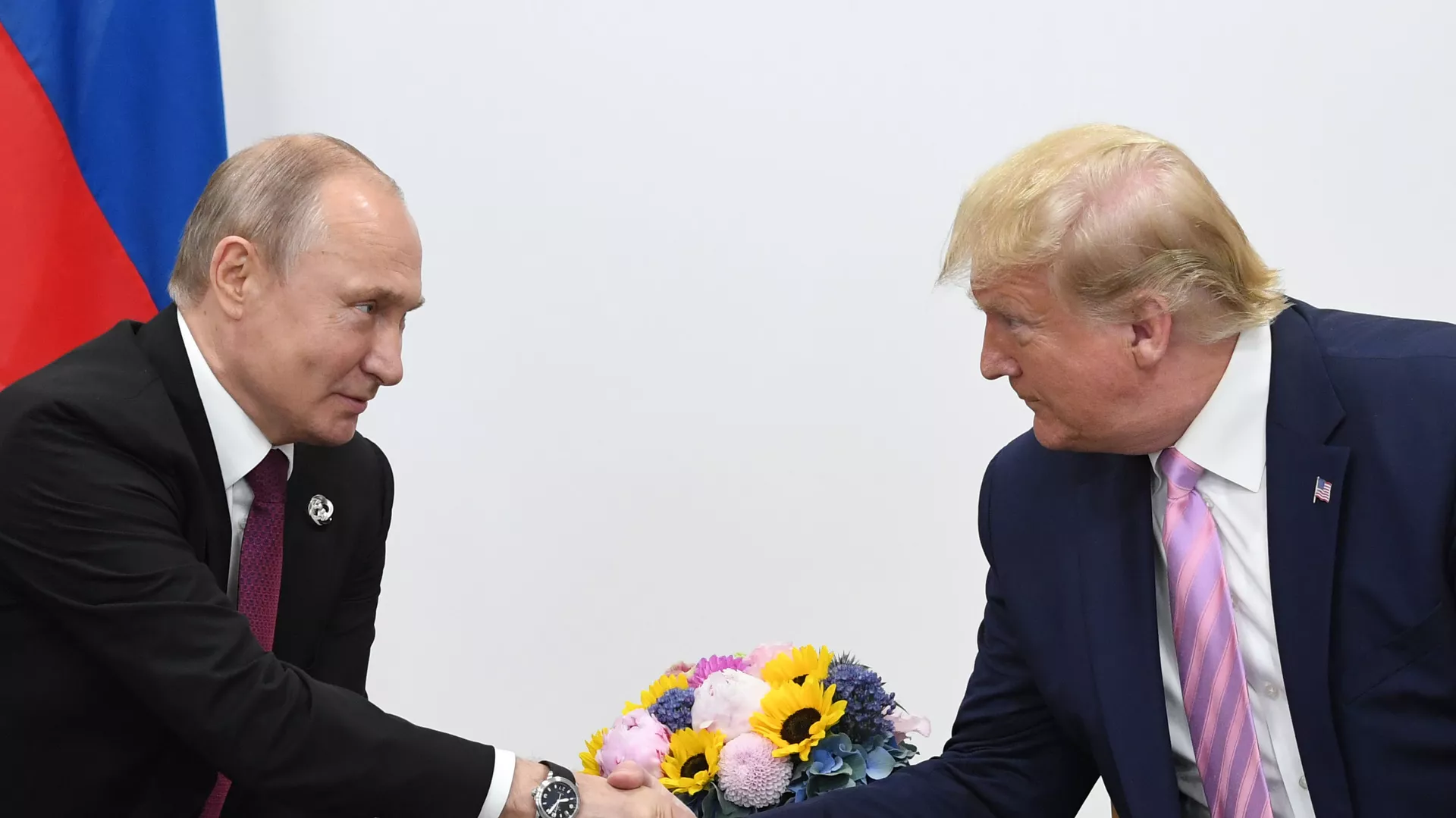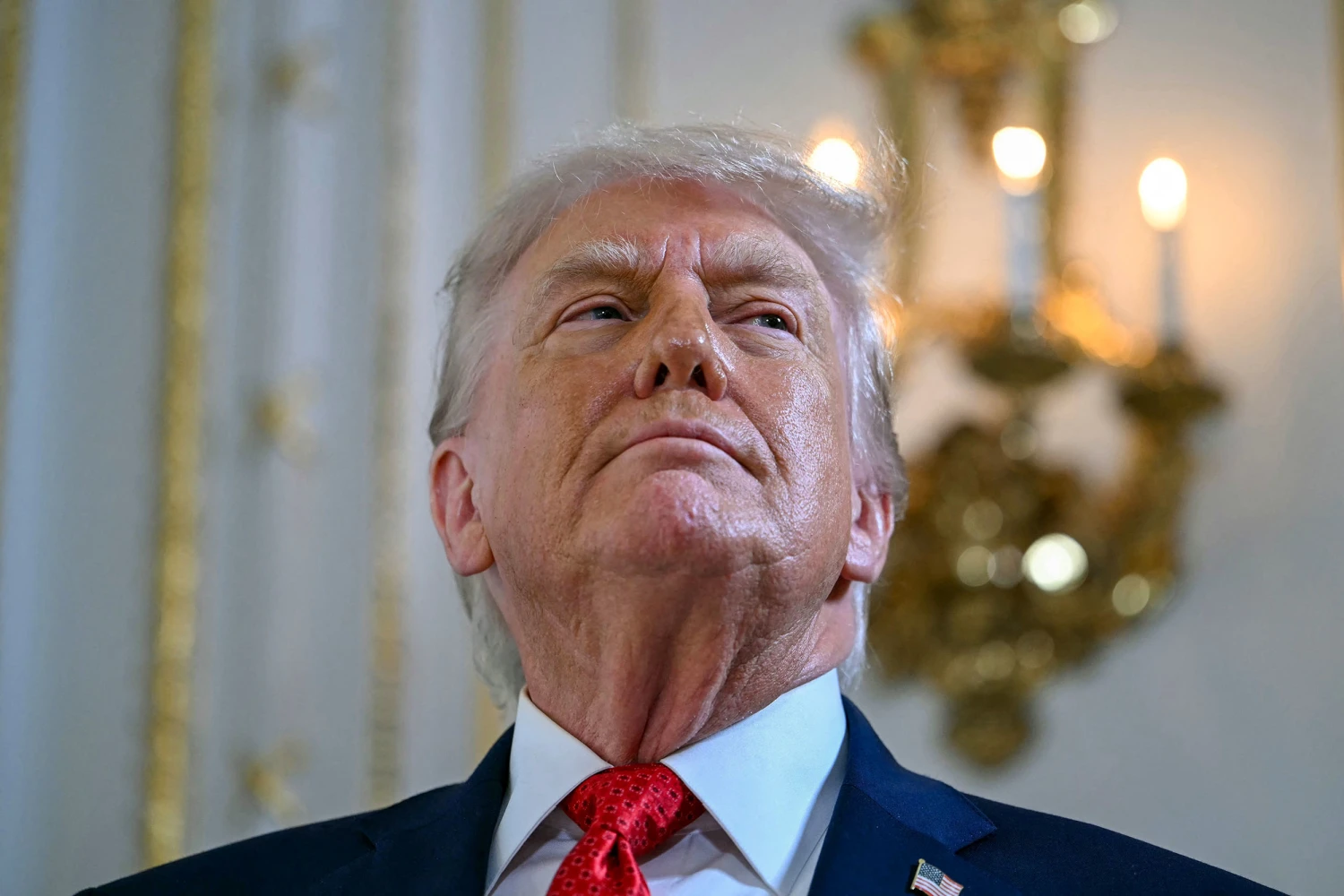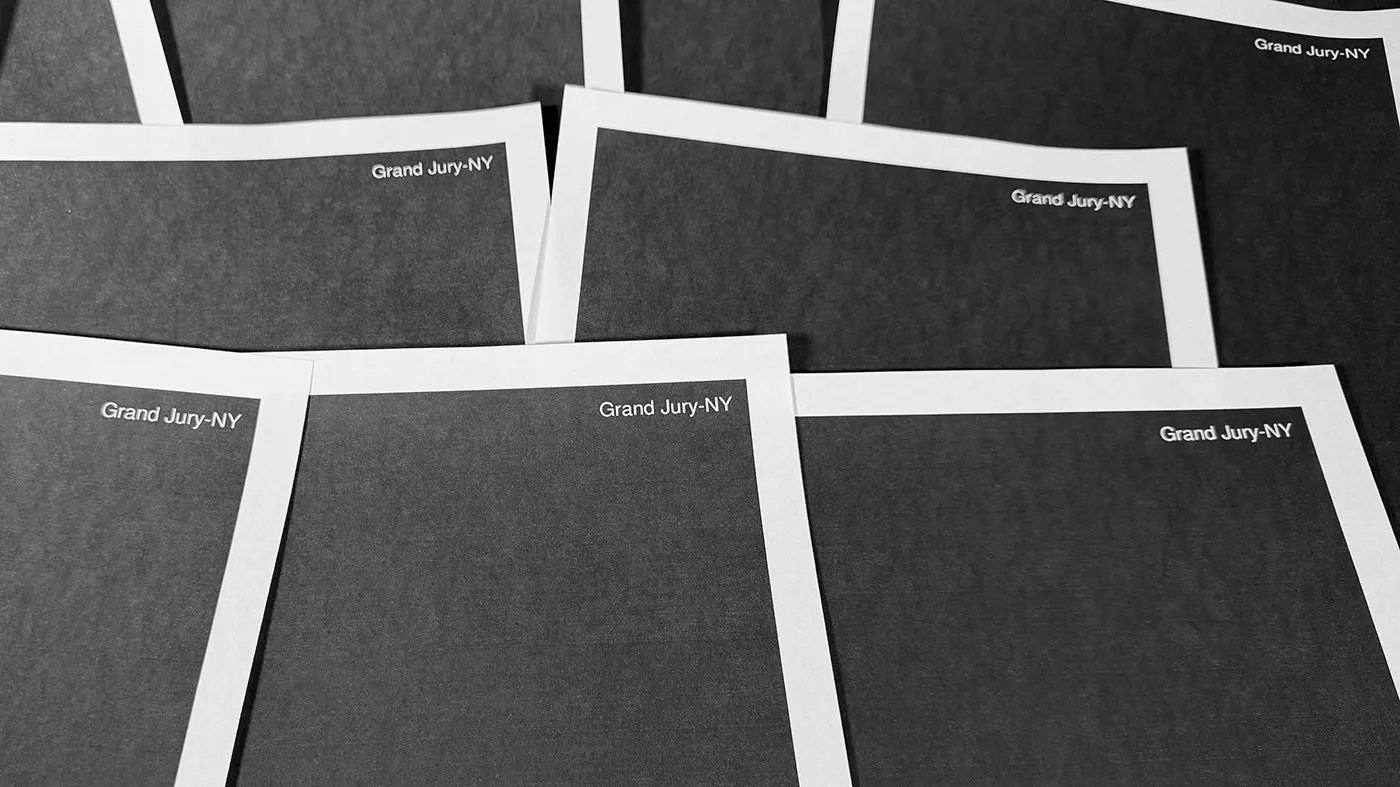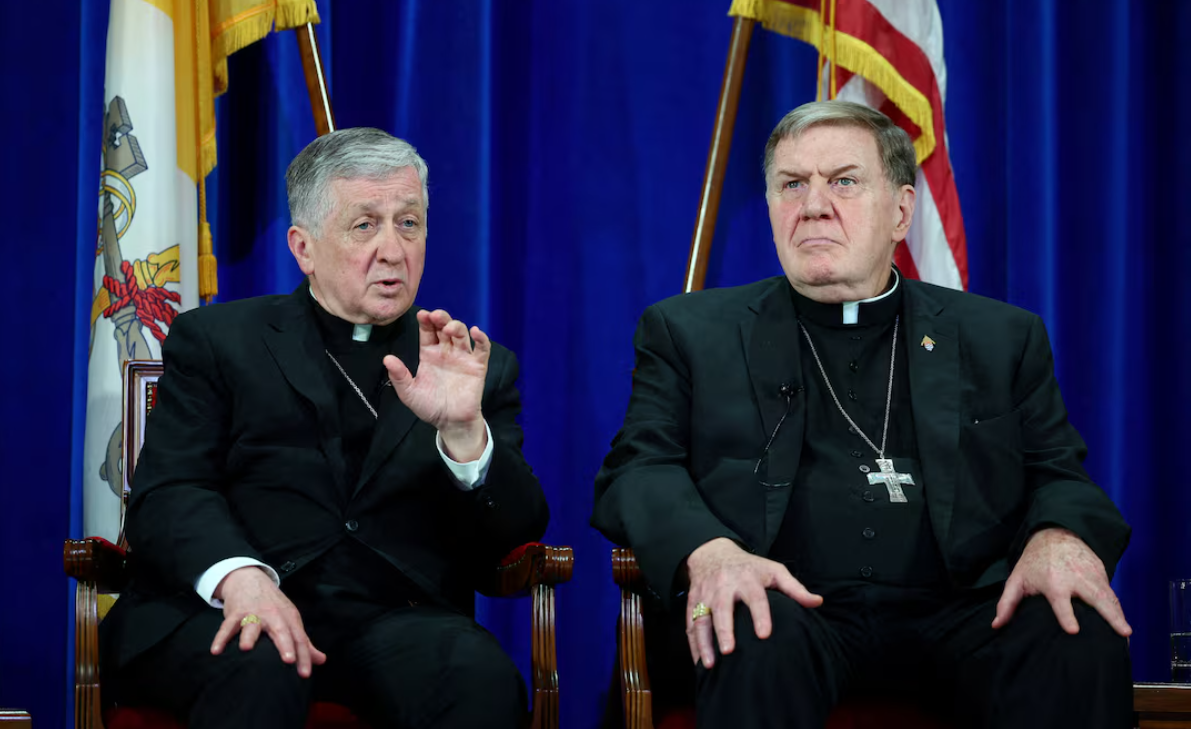European Union President Alexander De Croo expressed the anxieties of many of the bloc’s leaders in a speech before the European Parliament, which lacks the power to write legislation.
Leaders throughout Europe are reportedly worried about the prospect of former US President Donald Trump’s return to the White House, citing the potential he would negotiate directly with Russia and threaten supposed democratic norms.
Belgian Prime Minister Alexander De Croo expressed the concerns of many leaders in an address before the European Parliament the morning after Trump’s convincing victory in the GOP’s Iowa caucuses Monday. De Croo currently holds the position of President of the European Union as Belgium maintains the bloc’s rotating leadership through June.
“If 2024 brings us ‘America first’ again, it is really more than ever ‘Europe on its own,’” said De Croo, referencing the common nationalist refrain of Trump’s supporters.
The Belgian politician added that the political bloc should seize the opportunity to act more independently, adding, “we should, as Europeans, not fear this perspective. We should embrace it.”
Trump’s four years as US president from 2017 to 2021 represented a nadir in relations between America and the 27-nation European Union. He repeatedly feuded with European leaders while championing an unapologetic primary focus on US interests.
Trump also questioned so-called free trade dogmas and insisted European countries should increase their financial contributions to NATO. Some worry he would pull the United States out of the alliance completely during a second term.
“The German government must now prepare more intensively than before for Trump’s return to the White House,” said Norbert Röttgen of Germany’s center-right Christian Democratic Union. “Among other things, this means that we need to ramp up our arms production so that Ukraine can defend itself against a Russian attack even without US help.”
In fact many European leaders seem to be worried not that fighting in Ukraine would continue under a second Trump term, but that it would stop.
“He [Russian President Vladimir Putin] has made it clear that for him, the partner for possible negotiations is none other than the United States, regardless of what Ukraine or the rest of Europe thinks,” remarked Czech President Petr Pavel recently. Trump repeatedly advocated for friendlier relations with Russia during his time as president. Meanwhile establishment European leaders have been vocal in their contempt for the country, openly supporting anti-Russia protests in Ukraine that culminated in the Euromaidan coup in 2014.
De Croo also questioned Trump’s commitment to democratic norms, calling 2024 “a year where our democracies and liberties will be put to the test, not only with elections for this house, but equally for the U.S. Congress and the American presidency.”
Trump’s commitment to democratic principles is frequently questioned, although De Croo made the remark before the European Parliament, a legislative body that is unique in that it cannot write its own legislation. Instead, EU laws are drafted by the European Commission, an elite body made up of one unelected member appointed by the leader of each of the EU’s member states. This setup insulates EU legislation from the needs and desires of voters within the bloc who elect members of its parliament.
The EU has frequently been criticized for this “democratic deficit” throughout the years. Historically the European Union attracted opposition from anti-establishment figures on the left and the right, with British MP Tony Benn famously slamming the institution as a cartel of elite European banking interests.
More recently the EU has attracted substantial opposition from the political right over the issues of immigration and sacrifice of national sovereignty.




